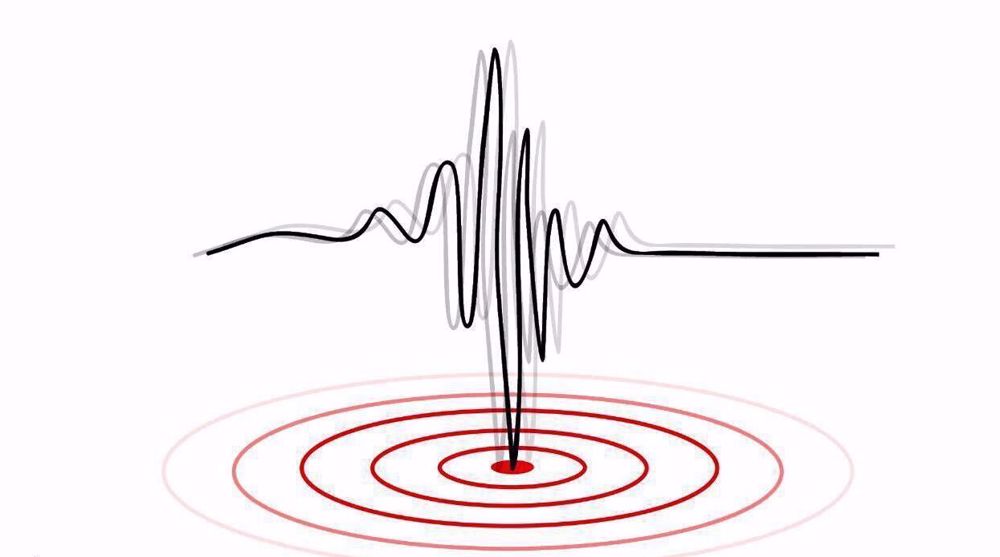Study sheds light on rapid new memory formation
Scientists studying the human brain have made a breakthrough discovery that may lead to giant bounds in the battle against neurological diseases such as Alzheimer's disease.
A group of UCLA and UK scientists has found that neurons in a specific region of the brain play a key role in the rapid formation of everyday memories, such as bumping into a former co-worker at the petrol station.
According to the study, published in the journal Neuron on July 1, such experiences are logged by episodic memory via an action that relies heavily on the extremely rapid formation of new associations in the brain.
The senior author of the study, Dr. Itzhak Fried, says his team discovered that the cells in the medial temporal lobe changed their firing to encode new associations at the exact moment of the experience.
"Recording such activity of even one lonely cell in a multitude of billions of neurons in the brain of a patient on a hospital ward is a technical achievement that only a few places in the world can achieve," Fried said.
The study was carried out by showing a group of patients about 100 pictures of celebrities, animals, and places, while the encoding activity of the individual neurons in the brain were analyzed as the images registered, explained Matias J. Ison, the first author of the study.
"This study looks at the single neuron correlates of the learning of new contextual associations in the human brain, and we were able to show for the first time that the speed at which complex associations are encoded is compatible with the basic mechanisms of episodic memory creation," Ison said.
Fried explained that his team’s findings might harbor important clinical significance because the same type of memory is affected in patients suffering from neurological diseases. "The loss of memory function is one of the most devastating afflictions of the human condition," Fried said.
SRK/AS/MHB
Occupation of Syria’s highest peak Mount Hermon part of ‘Greater Israel’ project
Iran: Syrian people will decide their future without foreign interference
IRGC says Iran’s power exceeds borders, warns enemies to adjust themselves
Dozens detained, several wounded in Israeli raids in West Bank
‘Ethnic cleansing’: Hamas blasts Israeli attacks on Gaza hospital amid intl. silence
Saudi delegation meets HTS leader at presidential palace in Damascus
Relentless Israeli ceasefire violations justify need for self-defense: Lebanese MP
Tel Aviv tells Damascus Israeli forces will remain in occupied territory: Report










 This makes it easy to access the Press TV website
This makes it easy to access the Press TV website